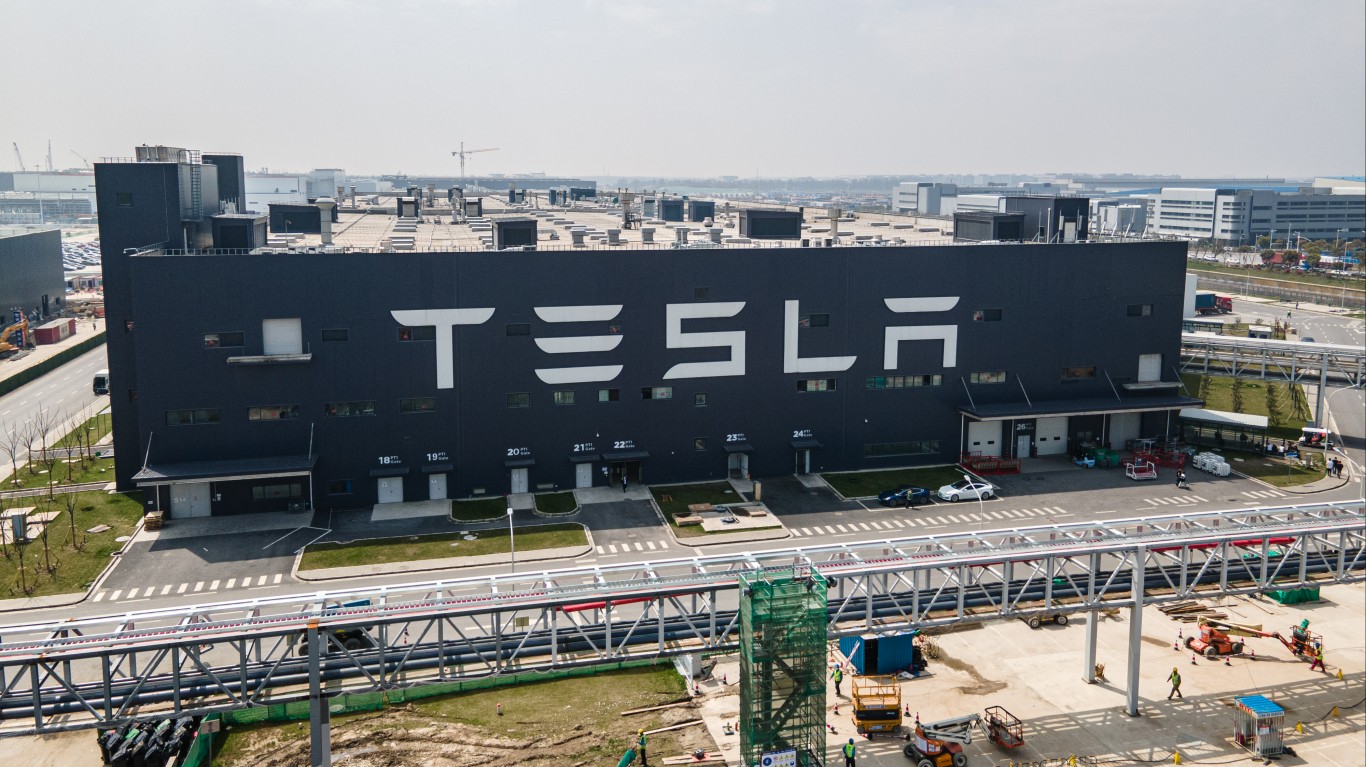
Electric cars are poised to dominate the car market in the future. But they aren’t there quite yet. There are still a lot of kinks being worked out of the electrified rope, so to speak, and many brands have cratered their reputation by trying to put out a vehicle well before they were ready to do so. Today, we’re going to look at some of the electric car brands you should be avoiding.
To compile this list, 24/7 Wall Street used data from Consumer Reports, Slash Gear, and some editorial discretion and personal experience. Many of these brands aren’t outright bad, but the EV offerings (or discontinuation of them) played a role in their placement. Let’s get started!
10 Electric Car Brands to Avoid
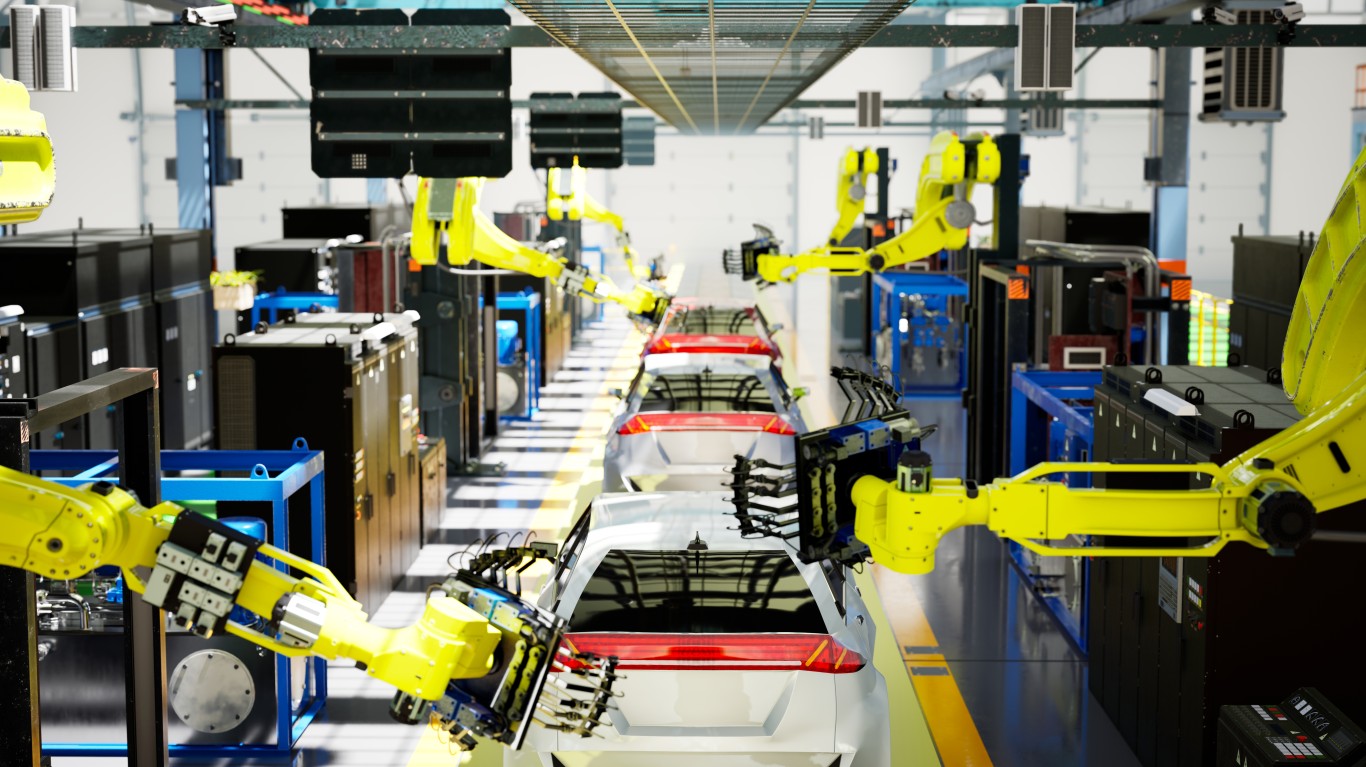
Electric car companies seem to be springing up out of nowhere, and not all of the offerings are great. Each brand on our list has details, some information about the brand itself, plus some of the major reasons we recommend avoiding them. Keep in mind that not all reasons apply to all customers.
1. Canoo

- Year Founded: 2017
- Location: Torrance, California
- Vehicle Types: All electric
New, Strange, Steer Clear

Canoo is a relatively new electric car brand that offers a range of vehicles for different purposes, most of which are highly situational. They have some prototype models for crew transportation, cargo delivery, and lifestyle adventure.
That being said, you may want to avoid the brand. First, the company has not yet delivered any vehicles to customers, and its production timeline is up in the air. The brand is primarily making vehicles for non-consumer applications, so most people shouldn’t look to them for their next daily driver.
2. Chevrolet

- Year Founded: 1911
- Location: Detroit, Michigan
- Vehicle Types: Gas and Electric
1 Out of 2
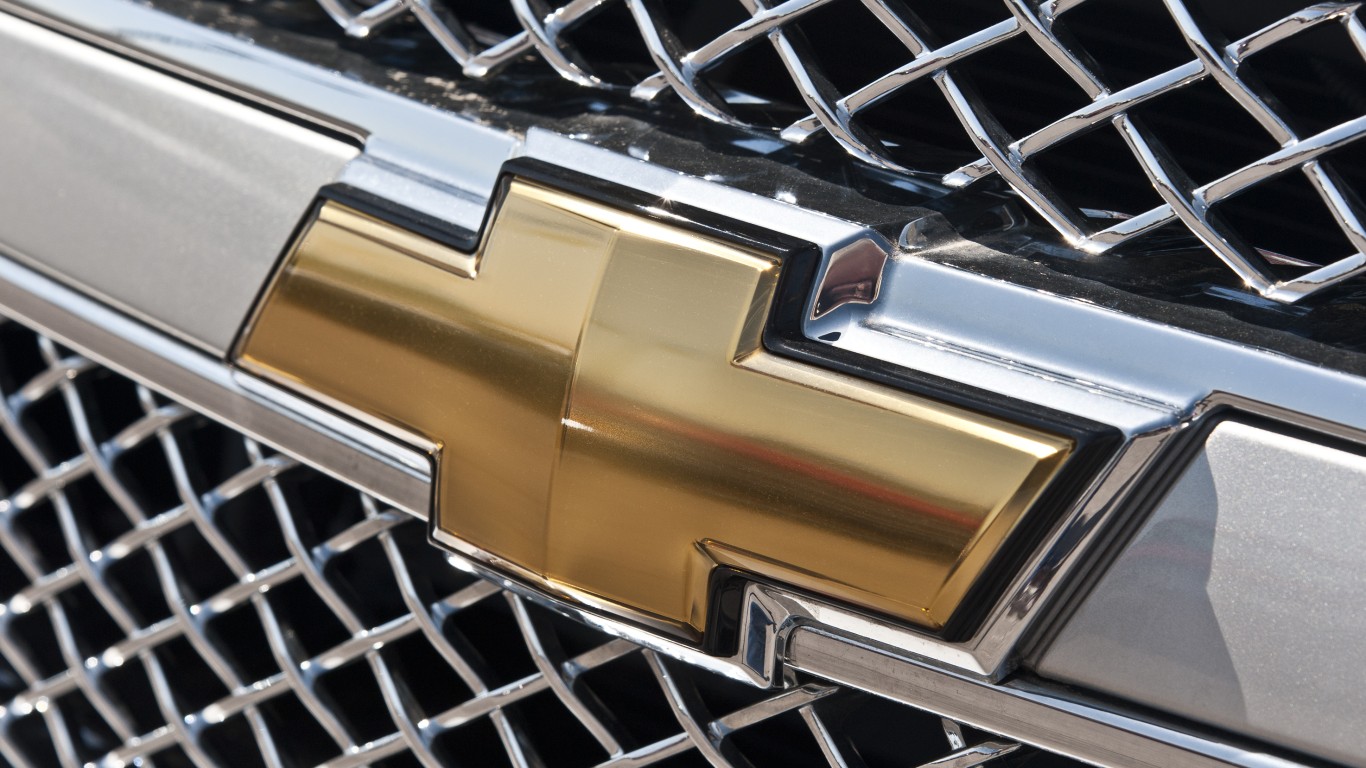
Chevrolet is one of the oldest and most popular car brands in the world, and it recently started “dipping its wheels” into the water of electric vehicles. The company’s primary offering, the Chevy Bolt, has seen immense success and is generally regarded as a fantastic budget vehicle. The real issue, however, is that the other offering, the EUV, isn’t worth it at all since you don’t get much more for the money.
3. Fisker
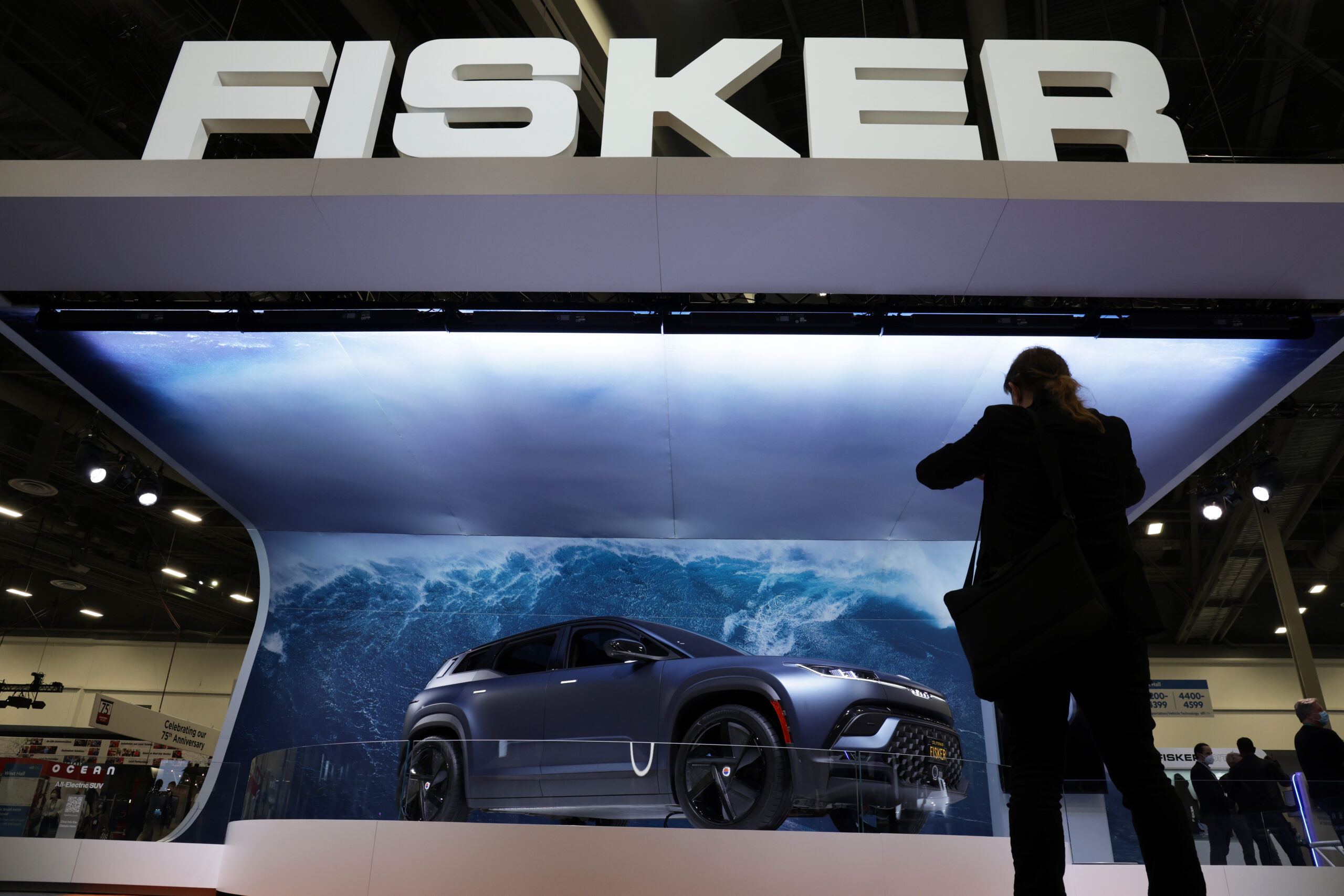
- Year Founded: 2007
- Location: Los Angeles, California
- Vehicle Types: All electric
MKBHD Headshot
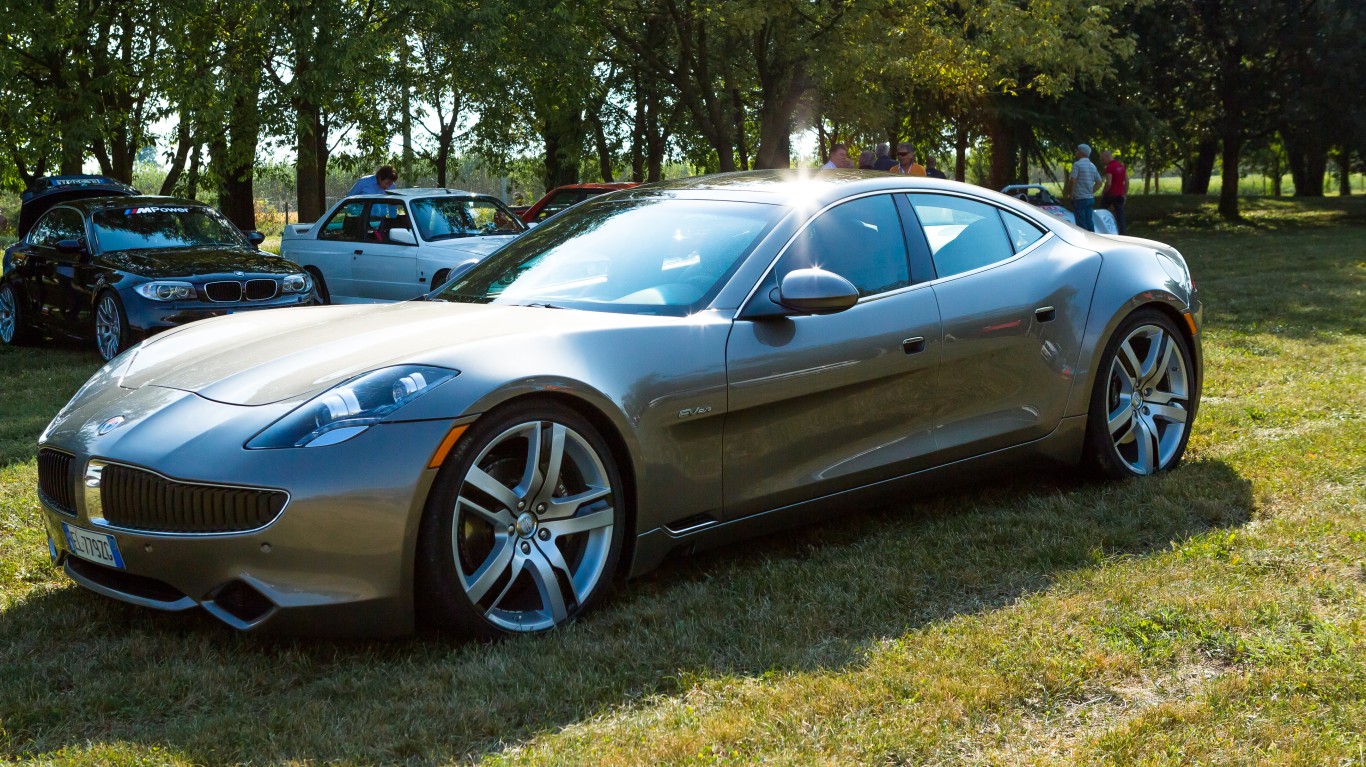
To start, the company has a history of financial troubles and bankruptcy, reporting a net loss of $463 million in 2023.
Most recently, the company’s reputation has been severely damaged by a negative review from Marques Brownlee, a tech reviewer on YouTube, who called the Fisker Ocean the “worst car he’s ever reviewed.” Brownlee slammed the car across nearly every aspect, some software, and some hardware.
His review went viral and caused Fisker’s stock to drop by ~15% in one day. The company has been scrambling to fix the problems and improve its image, but playing cleanup is always worse than just having a great product to begin with.
4. Faraday Future
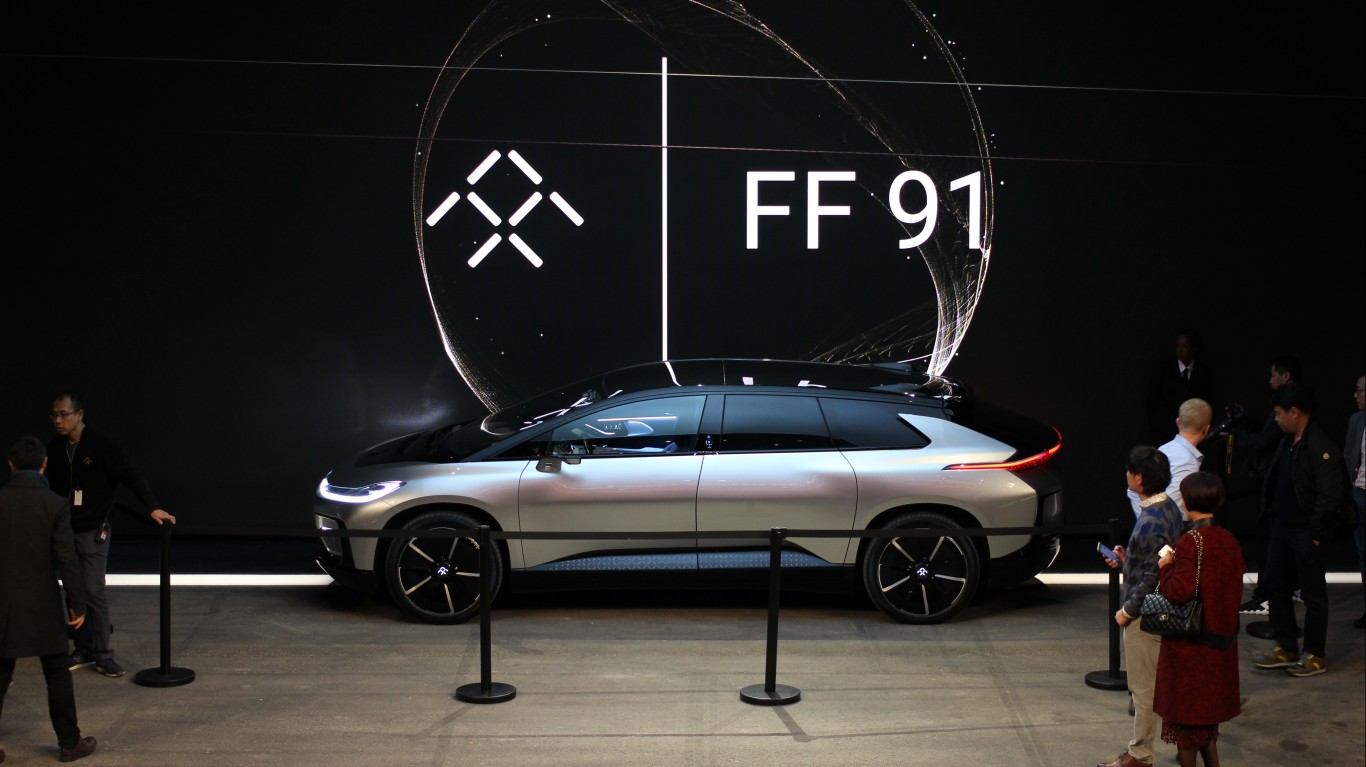
- Year Founded: 2014
- Location: Los Angeles, California
- Vehicle Types: All electric
Financial Struggles, Slow Deliveries, and Price

Faraday was pretty hyped as a company when it first launched a decade ago, but since then, the talk has been pretty quiet. The company launched R&D efforts, eventually coming up with some prototypes that looked incredibly futuristic, but none of them made it to mainstream production.
In fact, even today, there is something like ten total units on the road. They’ve really segmented into sports racing, but for the average consumer, things don’t look promising. Also, they are really, really expensive. Like, $309,000 dollars, expensive.
5. Ford
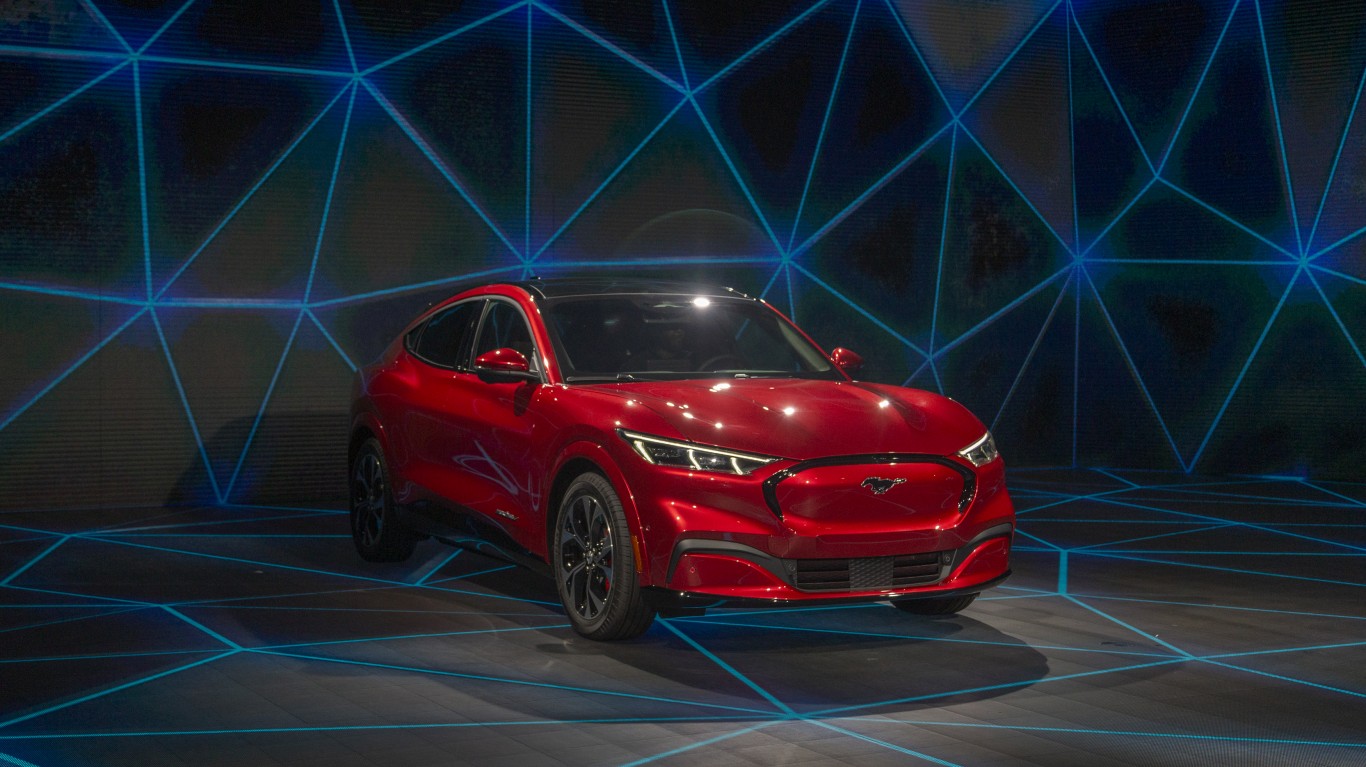
- Year Founded: 1903
- Location: Dearborn, Michigan
- Vehicle Types: Gas and electric
Lightning Doesn’t Strike Twice
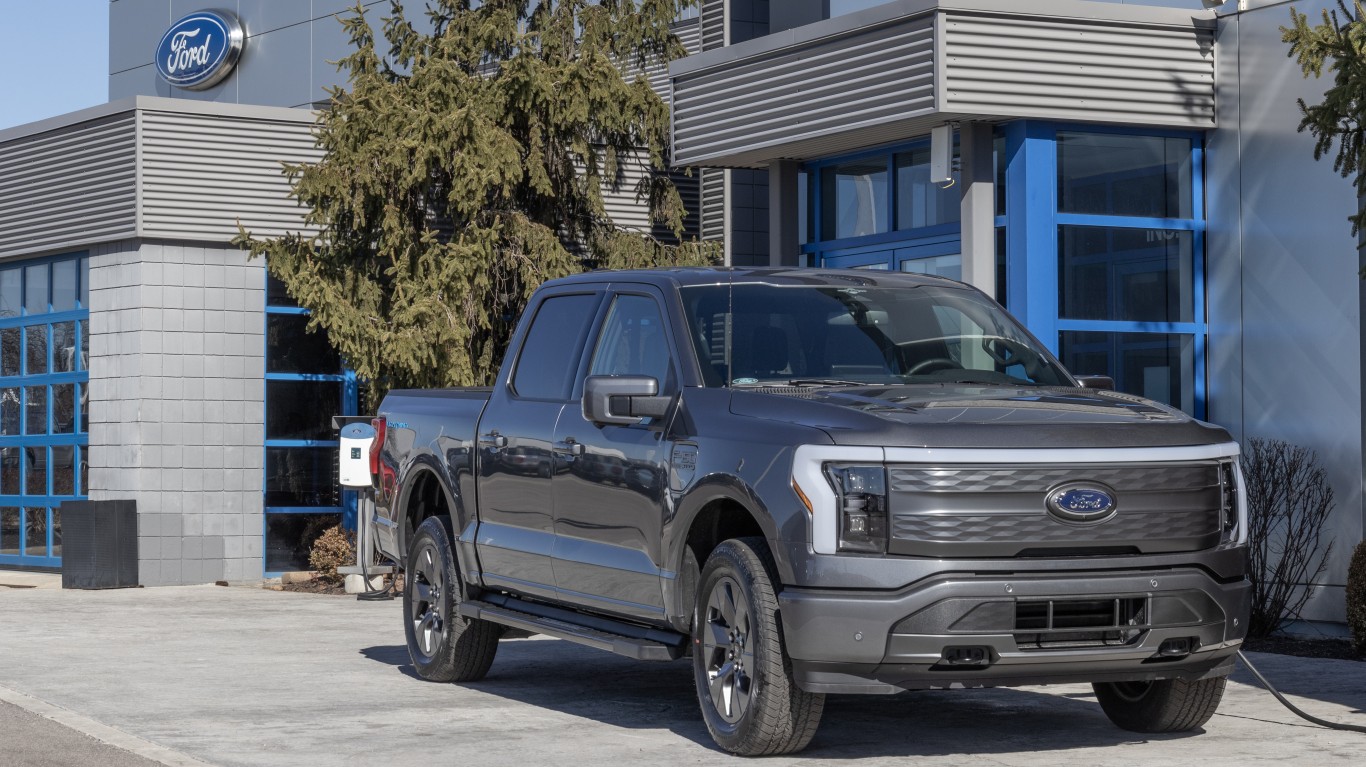
Ford has been making cars for a really long time, and they have also started mass-producing electric vehicles, with plans to expand its lineup further. Ford only offers three electric models: the Mustang Mach-E, the F-150 Lightning, and the E-Transit. Of these three, the Lightning has had some real battery issues, forcing a recall for many of the vehicles.
On top of that, the vehicles aren’t particularly competitive with what other top producers are making, so recommending the brand is a little tough. Still, the company has plans to go all-electric in the future.
6. Honda
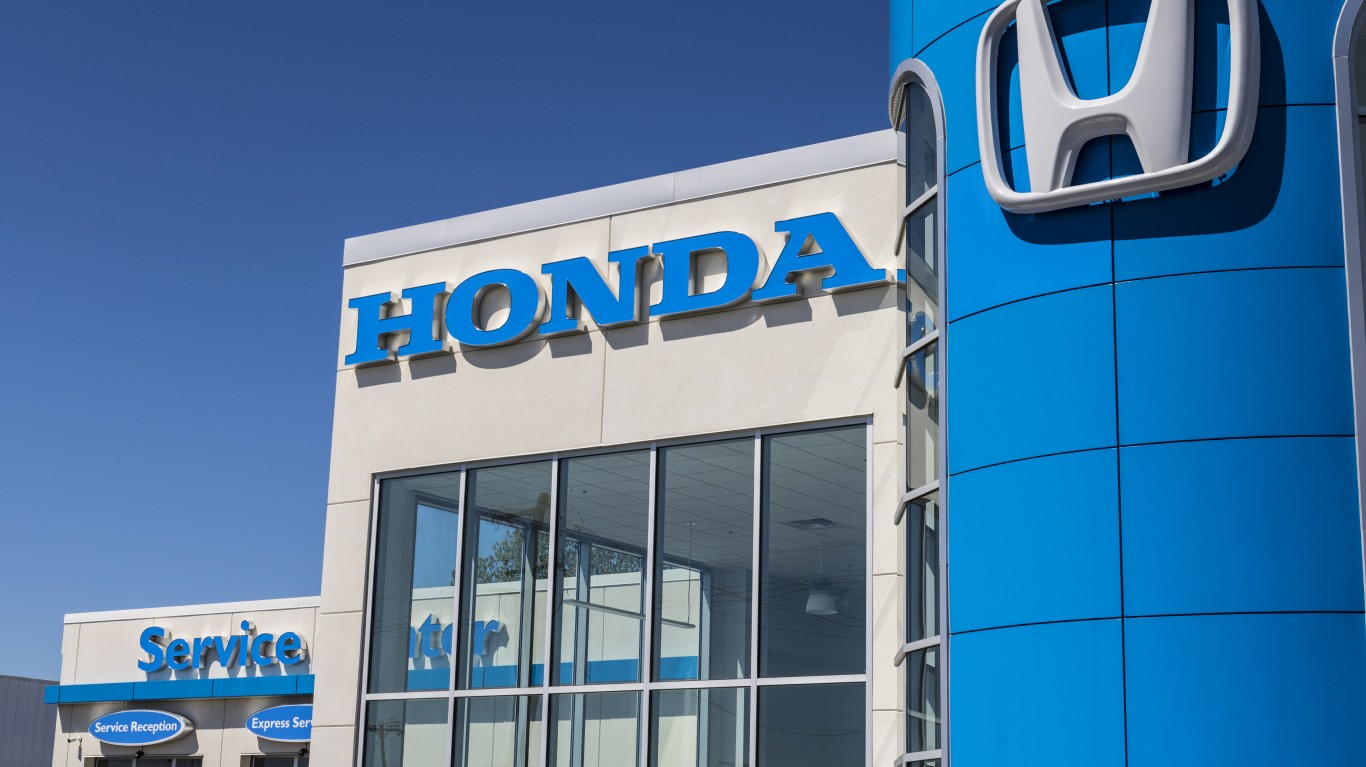
- Year Founded: 1948
- Location: Minato City, Tokyo, Japan
- Vehicle Types: Gas and electric
Pulling the Plug
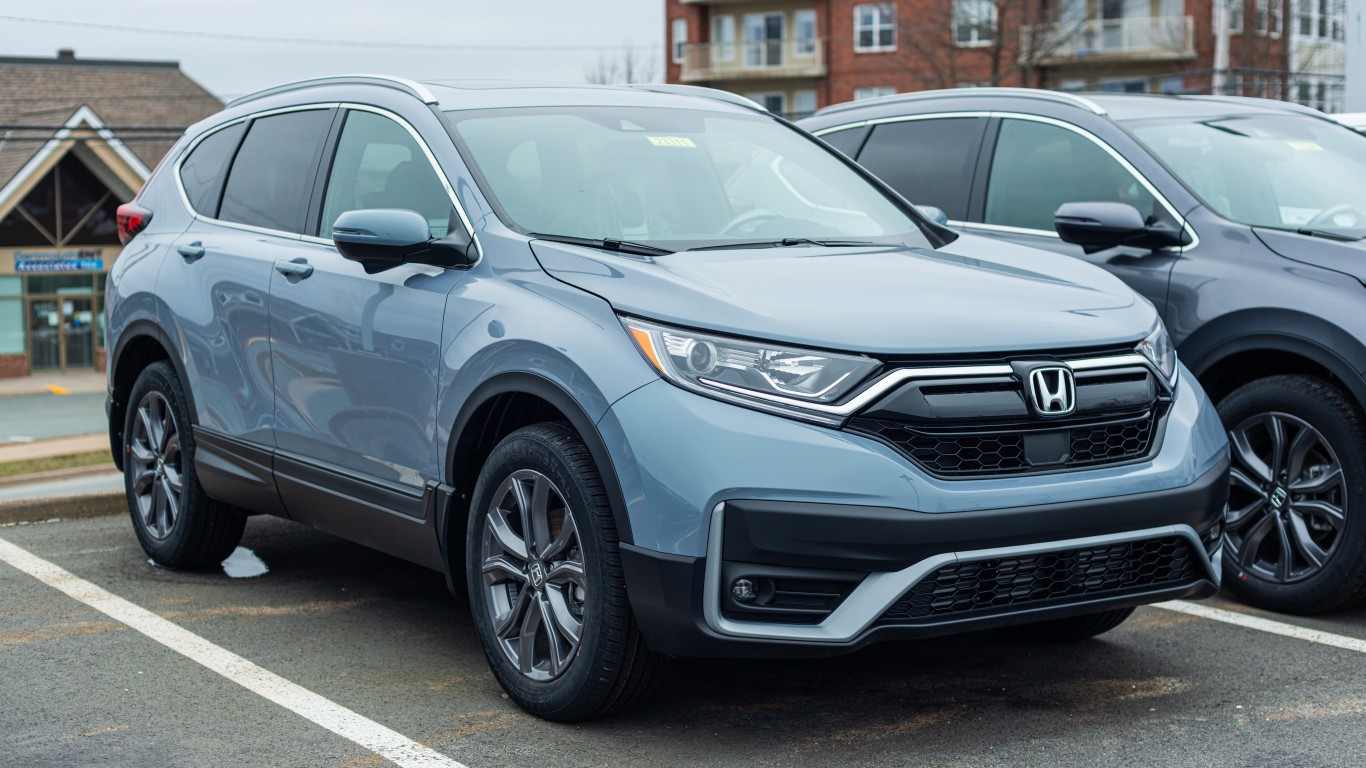
Honda is a brand you would expect to be dominating the EV market, but right now, it isn’t even trying. The company originally launched the Clarity and Fit EVs but ended up canceling them before they ever saw mass adoption. Now, they just make hybrids, namely their CR-V. They do have plans to release a car in 2024, named the Honda Prologue, but we have to wait and see its value.
7. Jaguar
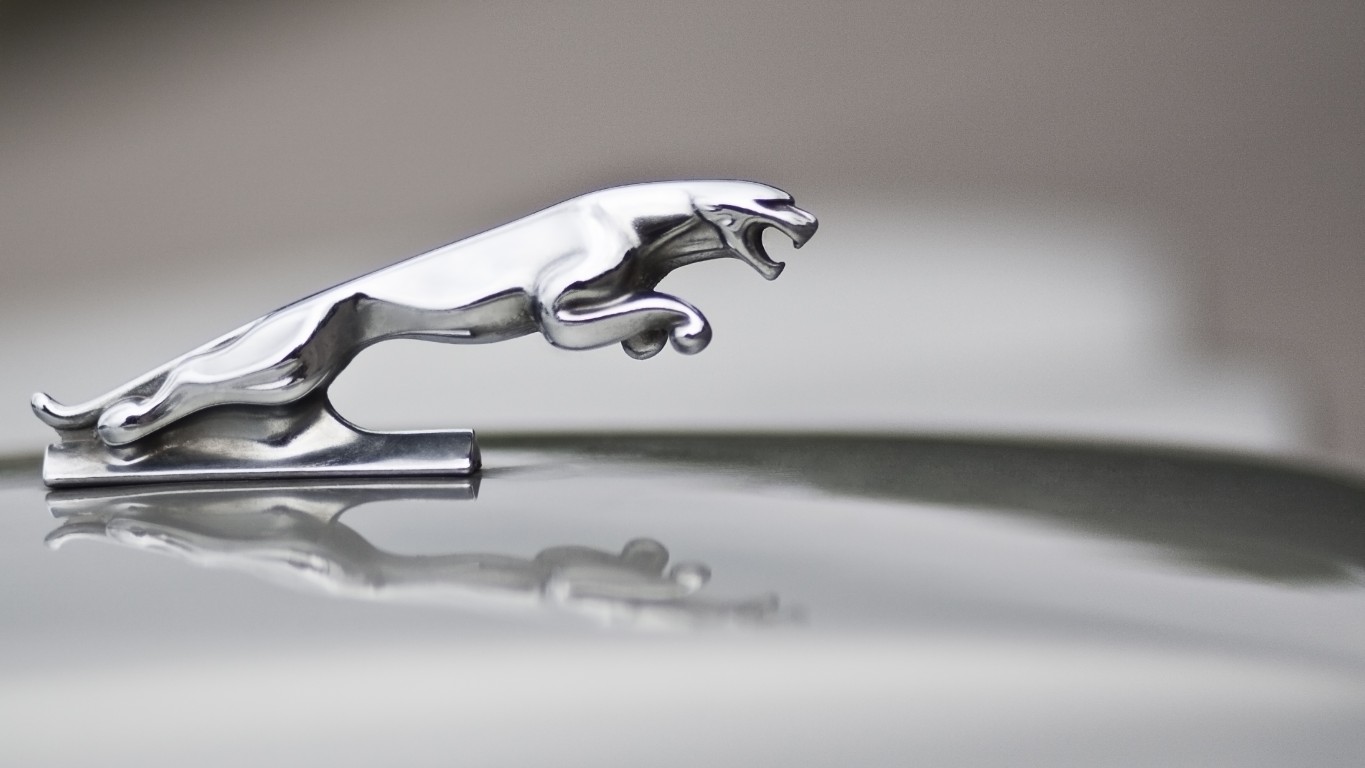
- Year Founded: 1922
- Location: Coventry, United Kingdom
- Vehicle Types: Gas and electric
One and Done
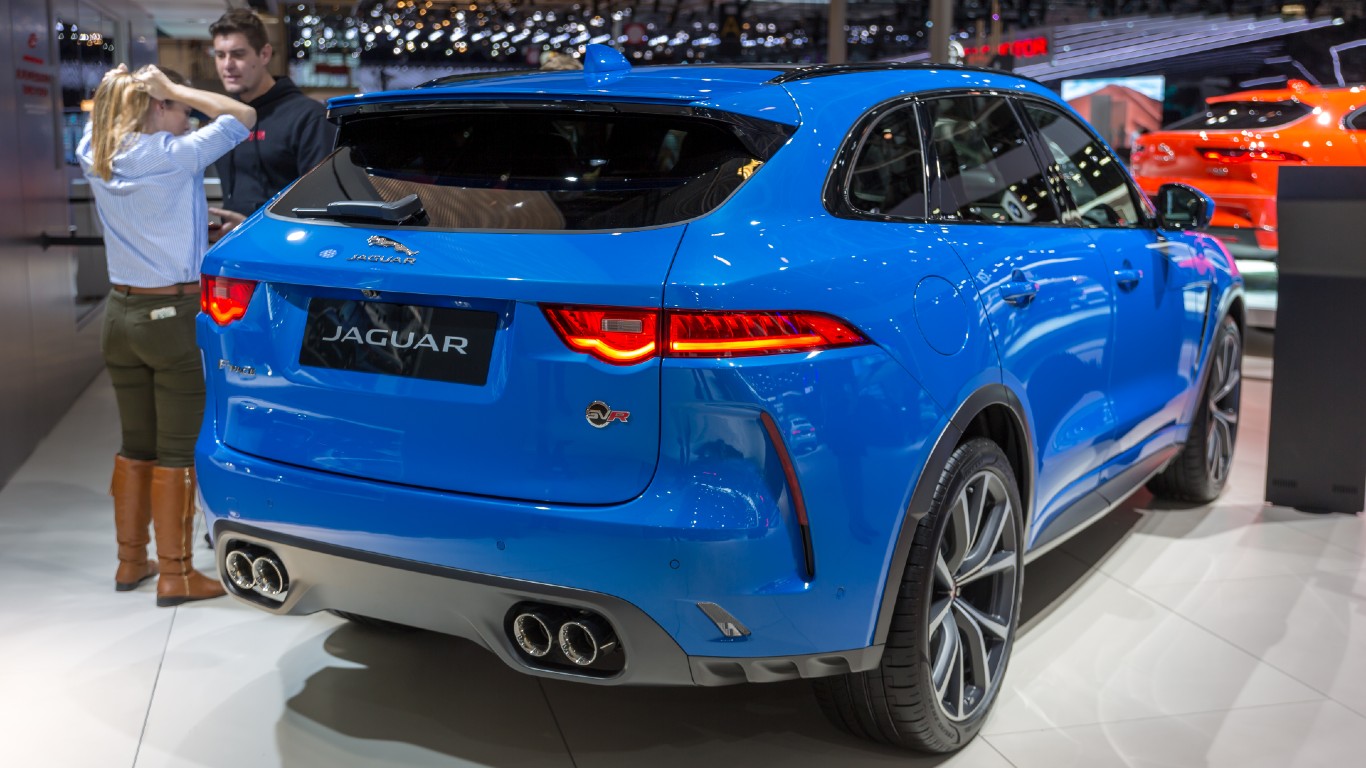
Jaguar has been struggling for a few years in the public eye, and releasing an electric vehicle didn’t really fix its problems. Currently, the only EV model it has in production is the Jaguar I-Pace, but they do have some more planned for 2025. Funny enough, the car was well-received, but the company didn’t sell enough and announced that it would be discontinued. We wouldn’t recommend getting a discontinued car like this.
8. Mazda
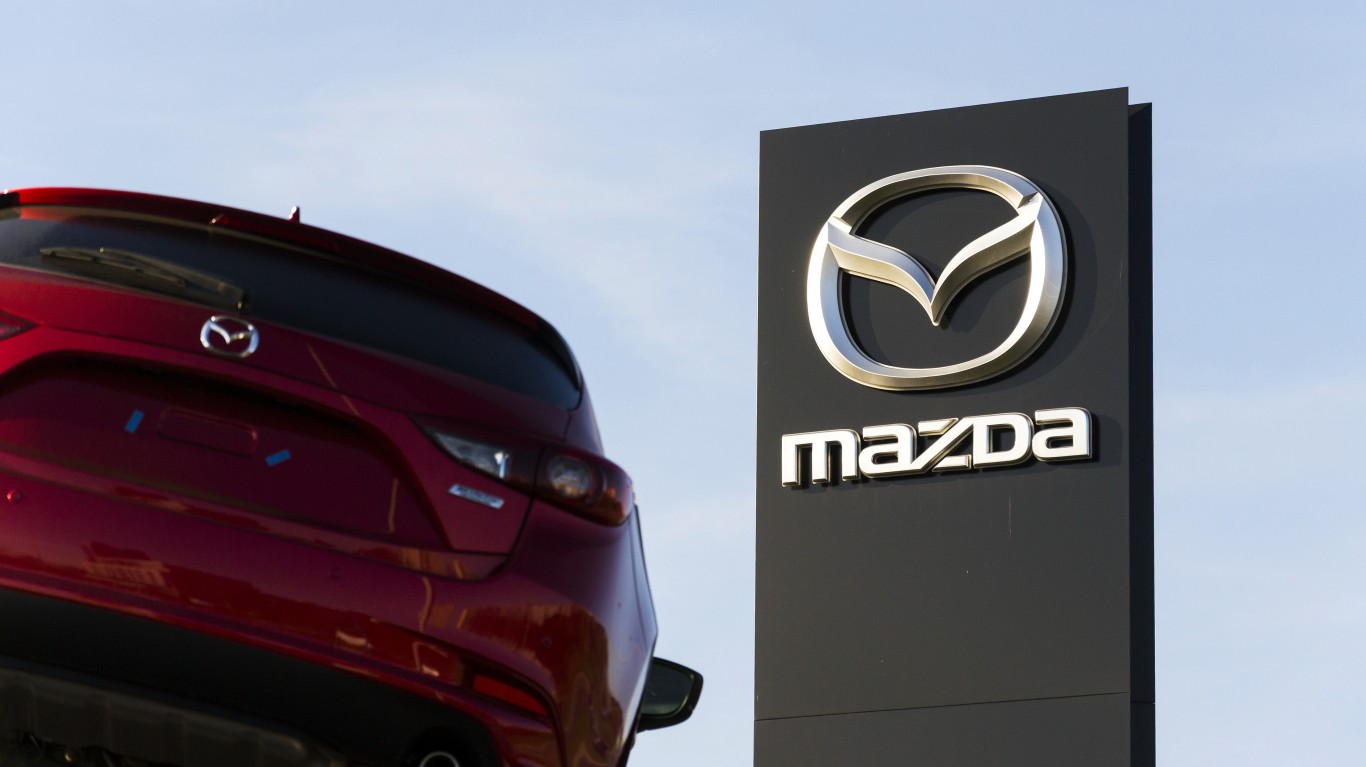
- Year Founded: 1920
- Location: Fuchu, Hiroshima, Japan
- Vehicle Types: Gas and electric
Range Woes
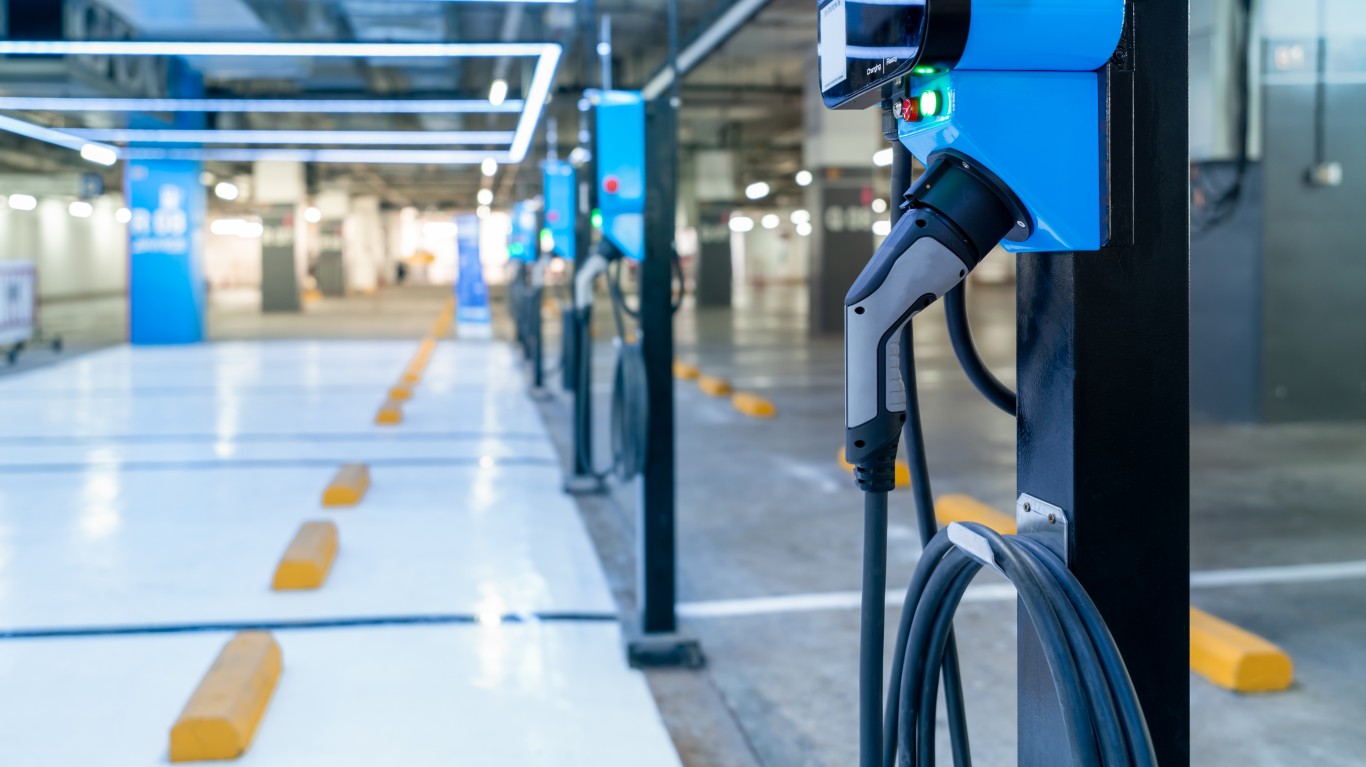
The real issue with Mazda’s MX-30 is that it may have the worst range of any EV on the market. The 35.5kW battery pack gives drivers a measly 92 miles of range, which, for many people, wouldn’t last them a day. If you aren’t commuting to a very close job, this anxiety-inducing car isn’t the move. Plus, they are, of course, discontinuing it. Seems to be a theme.
9. Toyota
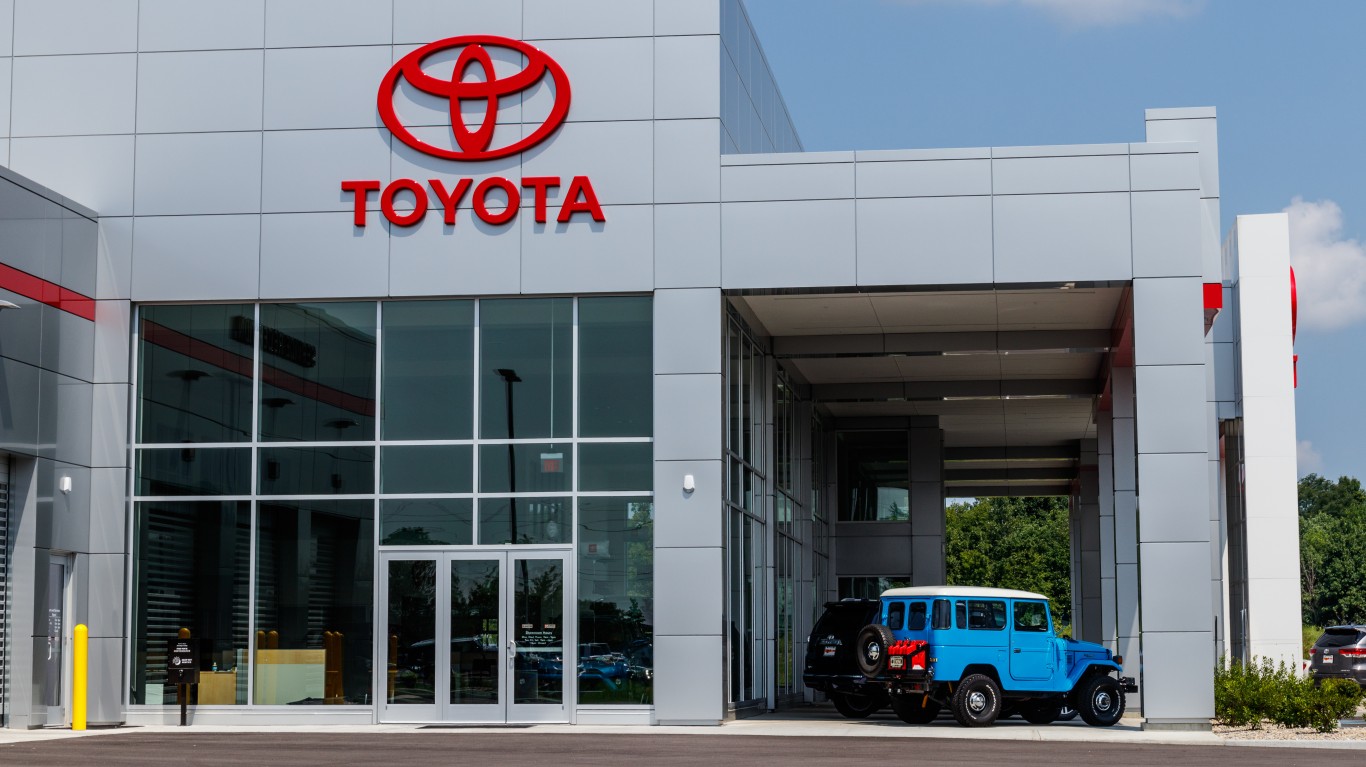
- Year Founded: 1937
- Location: Toyota, Aichi, Japan
- Vehicle Types: Gas and electric
Don’t Buy Our Car!
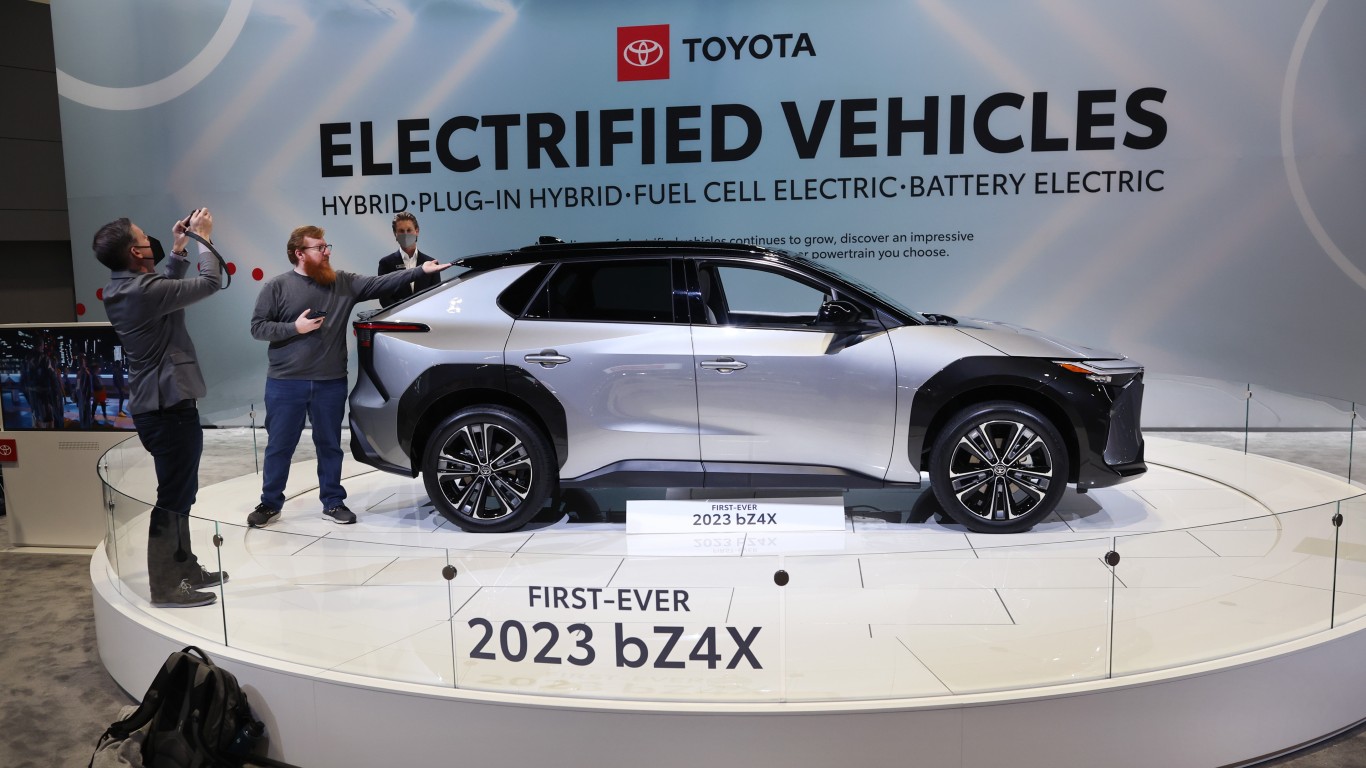
There has been a lot of talk about Toyota’s approach to EVs, but the company hasn’t really hidden anything. In fact, it’s quite clear what they think: they don’t care. U.S. News reports that Toyota makes the worst electric SUV in the US, and the bZ4X ranked last of all tested. It has a terrible range, it’s overpriced, and it’s very hard to even buy. It’s almost as if Toyota is begging you not to get it.
10. Rivian
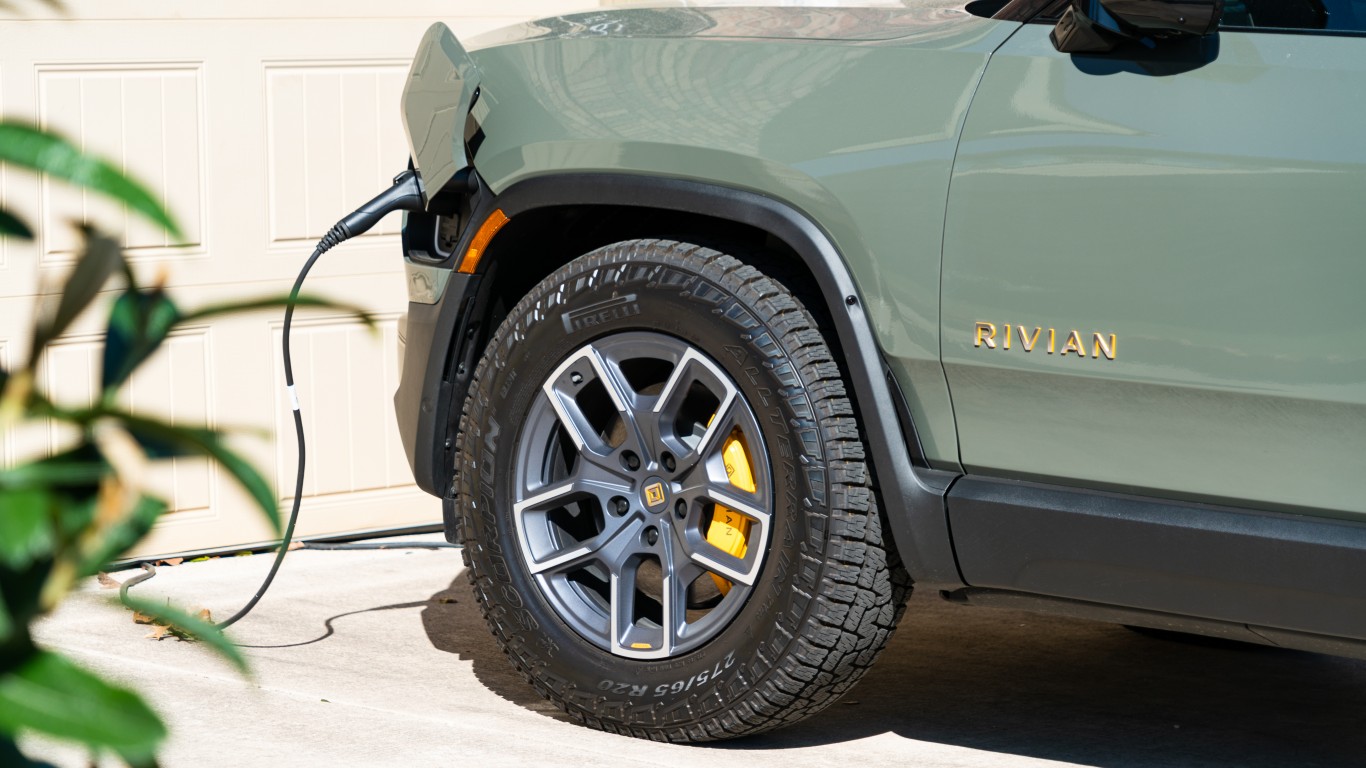
- Year Founded: 2009
- Location: Irvine, California
- Vehicle Types: All electric
Critics vs. Audience Scores
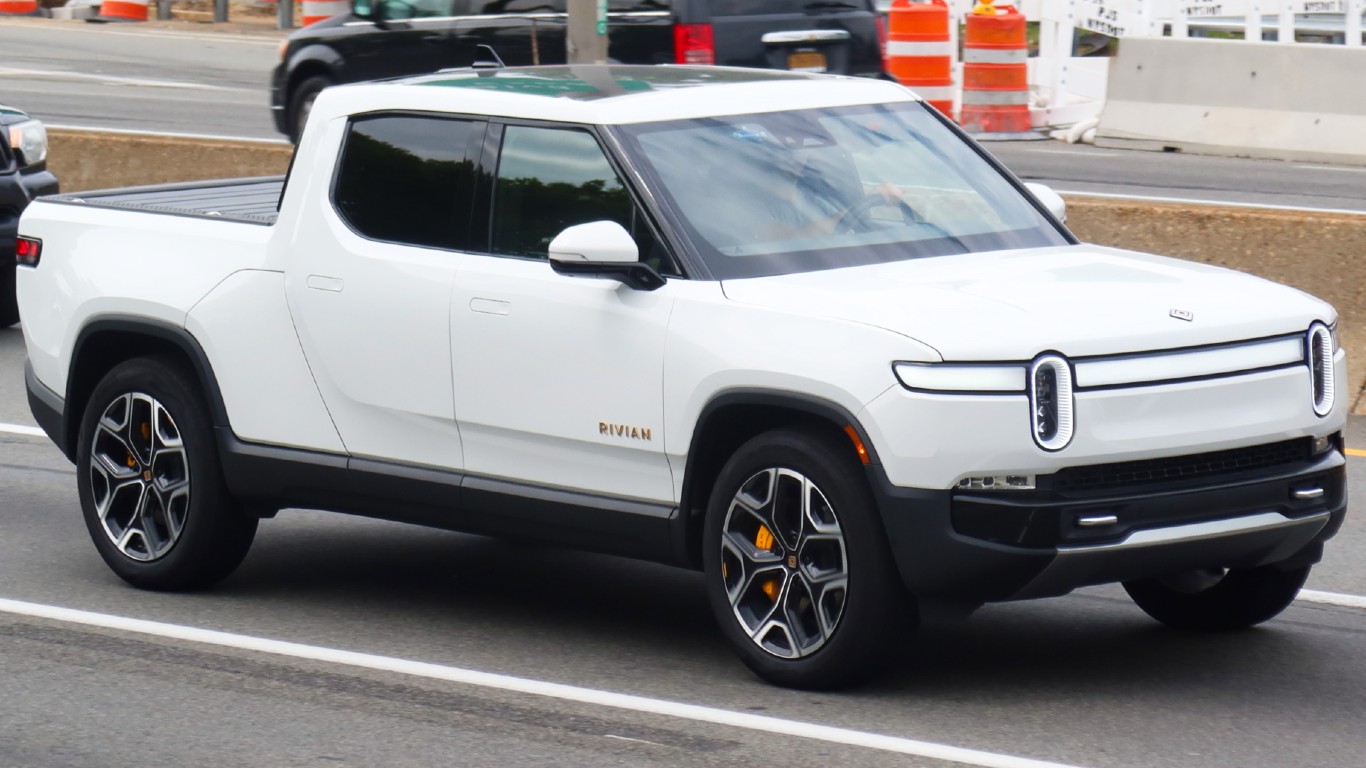
When Consumer Reports does a review, you listen. What’s funny is that the CR testing on both the Rivian R1s and R1T showed that the vehicles performed very well in almost every category, scoring very highly.
The main reason it wasn’t officially recommended was because the litany of reports coming from consumers (let’s call them… consumer’s reports) told a story of unreliability and major vehicle-breaking problems. Rivian will likely smooth these over and seems to be expanding rapidly and with some real, quality products, but be wary.
Are You Ahead, or Behind on Retirement? (sponsor)
If you’re one of the over 4 Million Americans set to retire this year, you may want to pay attention.
Finding a financial advisor who puts your interest first can be the difference between a rich retirement and barely getting by, and today it’s easier than ever. SmartAsset’s free tool matches you with up to three fiduciary financial advisors that serve your area in minutes. Each advisor has been carefully vetted, and must act in your best interests. Start your search now.
Don’t waste another minute; get started right here and help your retirement dreams become a retirement reality.
Thank you for reading! Have some feedback for us?
Contact the 24/7 Wall St. editorial team.




